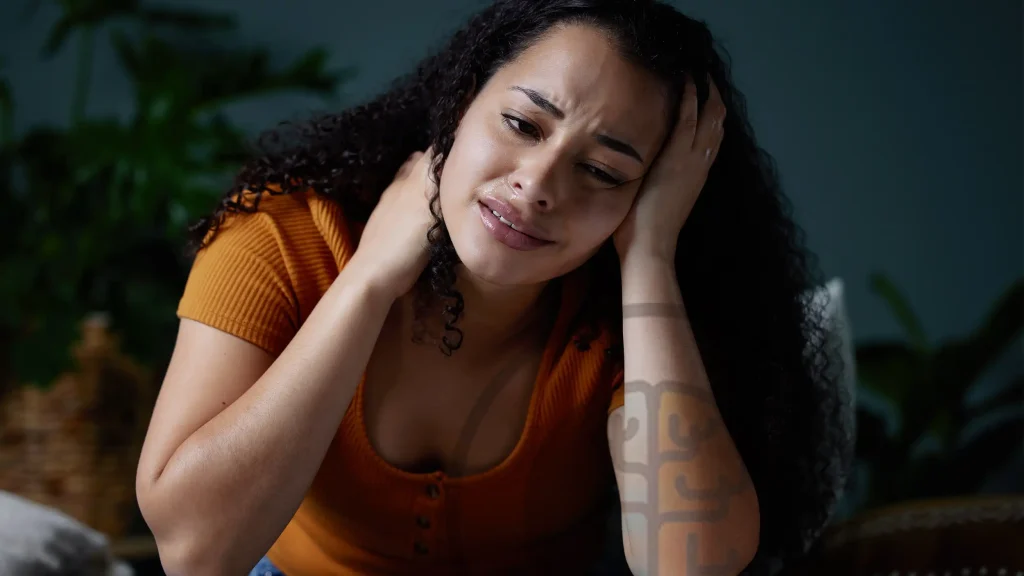December 14, 2024
Phobias are irrational and persistent fears that can profoundly affect daily life. They fall into several categories, including:
- Specific phobias: fear of particular objects or situations (such as spiders, snakes, heights).
- Social phobias: fear of situations in which one is judged by others, such as public speaking.
- Agoraphobia: fear of open or crowded spaces, or of being in places from which it is difficult to escape.
Causes of Phobias
Phobias can develop as a result of traumatic or stressful experiences, but also from genetic or biochemical causes. The environment and social learning play an important role, and in some cases, may result from observations or experiences of others, such as parents or friends. For example, a child growing up in a family with anxious parents may develop a predisposition to develop phobias.
Symptoms of Phobias
The main symptoms include intense anxiety, panic, rapid heartbeat, sweating and difficulty breathing. In some cases, physical symptoms such as dizziness or nausea may also occur. Phobias can prevent people from coping with everyday situations, leading to social isolation or limitations in their activities.
Treatments and Therapies
Cognitive behavioural therapy (CBT) is the most common and effective treatment for phobias. This approach helps people to gradually confront feared situations by changing thought patterns and emotional reactions related to fear. Other treatments include:
- Systematic desensitisationa type of gradual exposure to the source of fear, which aims to reduce the emotional response over time.
- Anti-anxiety or antidepressant drugscan be used in cases of severe phobias, although they are usually prescribed to treat the symptoms of anxiety rather than the phobia itself.
Overcoming Phobias
With the right therapeutic support, it is possible to address and reduce the intensity of phobias. Sometimes, simple lifestyle changes, such as practising relaxation techniques or mindfulness, can be of great help. In addition, some people find self-help or participation in support groups to share experiences helpful.
© 2025 Centro Psicologia e Benessere GmbH – Tutti i diritti riservati. Vietata la riproduzione, anche parziale.
 Usiamo cookie tecnici per migliorare l’esperienza di navigazione.
Usiamo cookie tecnici per migliorare l’esperienza di navigazione.






